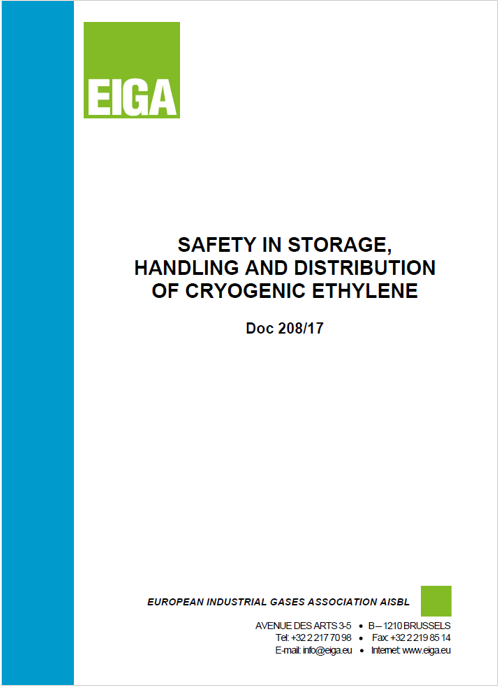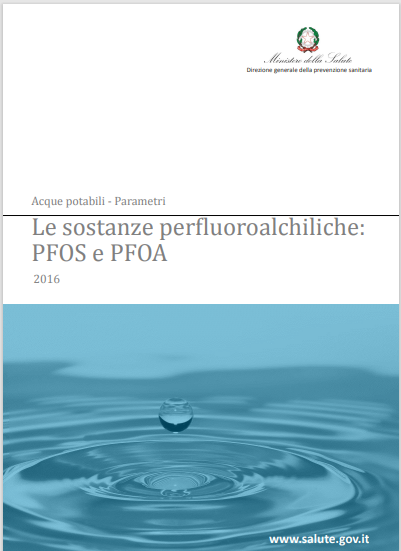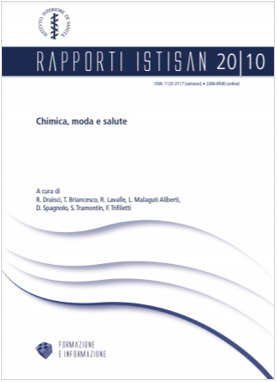// Documenti disponibili n: 46.592
// Documenti scaricati n: 36.662.083

Because of the growth in the availability and use of cryogenic ethylene in Europe, the European Industrial Gases Association (EIGA) has recognised the need to publish guidance addressing safety in the storage, handling and distribution of cryogenic ethylene.
This EIGA publication is intended as guidance to companies directly associated with the installation of cryogenic ethylene storage at the user's premises and the distribution of cryogenic ethylene by road, rail and sea transport.
This publication applies to the layout, design and operation of fixed storages and the transportation of cryogenic ethylene in bulk form by tankers or tank containers, by road, sea and rail, to fixed storages at user's premises.
Small transportable cryogenic vessels of less than 1000 litres are excluded from the scope of this publication due to the requirements for a vent system.
Table of Contents
1 Introduction
2 Scope
3 Definitions
3.1 Publications terminology
3.2 Technical definitions
4 Properties and effects of ethylene
4.1 General
4.2 Physical properties
4.3 Chemical properties
4.4 Biological effects
4.5 Specific properties and effects of cryogenic ethylene
5. Customer installations
5.1 General
5.2 Minimum safety distances
5.3 Location of installation
5.4 Liquid transfer area
5.5 Electrical equipment and installation
5.6 Tank foundation and supports
5.7 Ethylene vent stacks
5.8 Vapour clouds
5.9 Piping, fittings, valves, regulators
5.10 Back flow
5.11 Instruments and cabinets
5.12 Cryogenic ethylen e vaporisers
5.13 Access to the installation
5.14 Notices and instructions
5.15 Testing and commissioning
5.16 Pressure relief devices
5.17 Commissioning
5.18 Decommissioning and removal of tank
5.19 Operation of the installation
5.20 Periodic inspection and maintenance
5.21 Customer information
5.22 Emergency action procedure
6 Transport and distribution of cryogenic ethylene
6.1 Road transport - General
6.2 Vehicle equipment and design considerations
6.3 Routing, periodic checking, parking and breakdown
7 Product transfer into customer storage
7.1 Before transferring
7.2 Product transfer
7.3 Emergency procedure during transport
7.4 Driver training
7.5 Tank container - Transport by rail
7.6 Transportation by waterways and sea
8 Training and protection of personnel
8.1 Training of personnel (gas supplier and customer)
8.2 Permit to work
9 Emergency procedures at customer premises
9.1 Fire protection
9.2 Firefighting equipment
10 References
Table 1 Properties of ethylene and some comparable substances
EIGA 2017

ID 18831 | 26.01.2023 / In allegato
PFOS (acido perfluoroottansulfonico) e PFOA (acido perfluoroottanoico) appartengono alla famiglia delle sosta...

Queste Linee Guida sono state preparate dall’ISOPA (Associazione Europea dei Produtto...

Rapporti ISTISAN 20/10
L’industria della moda e del tessile rappresenta in Italia il secondo settore manifatturiero. Le attuali conoscenze legate all’...
Testata editoriale iscritta al n. 22/2024 del registro periodici della cancelleria del Tribunale di Perugia in data 19.11.2024